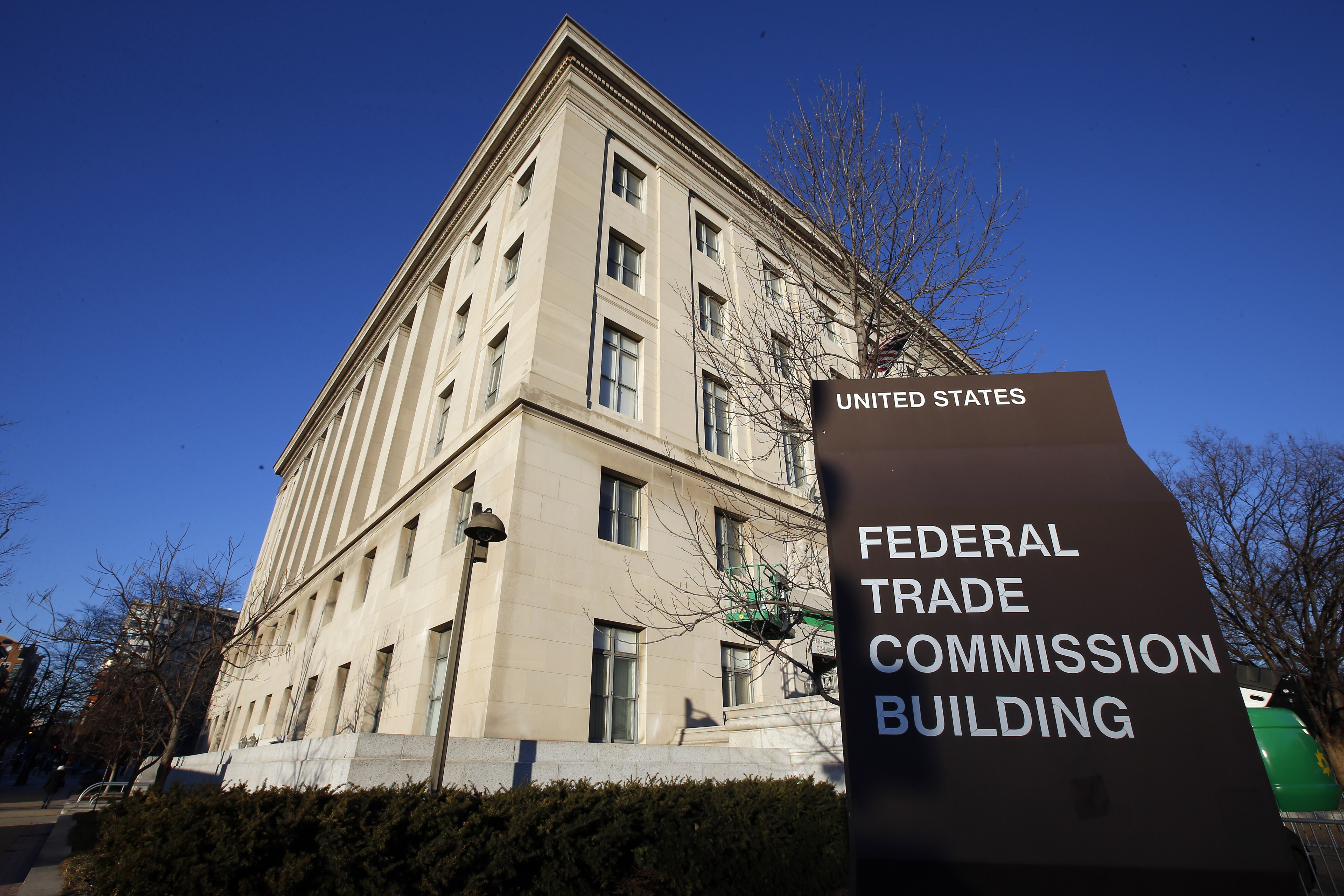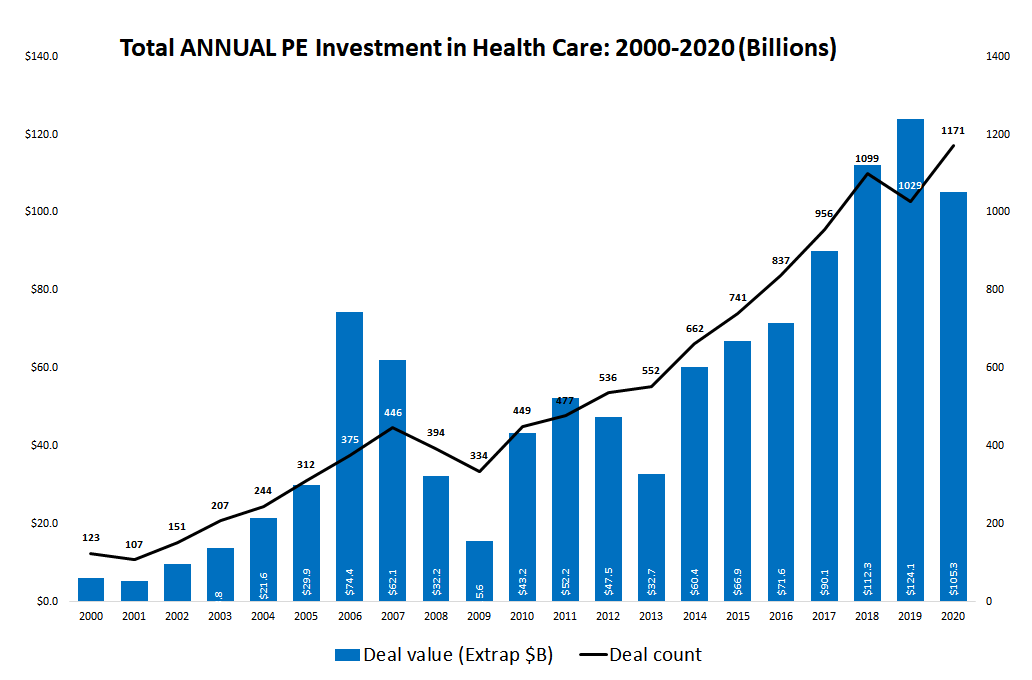Oct. 15, 2024

Iowa landowners and opponents to the Summit Carbon Solutions pipeline project rally outside the Iowa State Capitol in Des Moines on Oct. 8, during a state supreme court hearing.
Oct. 15 (UPI) -- The Iowa Supreme Court is weighing a decision that could uphold a pipeline company's eminent domain right to survey property without landowner permission.
The state's high court held a hearing last week over the appeal of a district court decision. A landowner brought the appeal to the supreme court after the lower court ruled in favor of Summit Carbon Solutions in a lawsuit against him.
Kent Kasischke, a landowner in Hardin County, Iowa, was sued by Summit for refusing to allow surveyors onto his property to survey for its pipeline project. The Iowa Utilities Commission approved Summit's petition to build nearly 700 miles of CO2 pipeline across the state.
There are conditions Summit must meet before it can begin construction. Conditions include obtaining approval from other states that the pipeline will be built in, maintaining at least $100 million in liability insurance and offering to purchase voluntary easements from affected landowners under the same terms offered to landowners prior to the board's decision.
Summit must submit additional filings and prove it has met these conditions before the board will fully grant a permit. The board has ruled that the pipeline serves a public benefit, granting it eminent domain rights.
The pipeline project is planned to transport CO2 through Iowa, Nebraska, Minnesota and South Dakota to North Dakota where it will be stored at a sequestration site. It was originally slated to be completed in 2024 but has faced setbacks due to permitting issues and resistance from landowners.
Brian Jorde is the attorney representing Kasischke in his appeal to the Iowa Supreme Court. Jorde is representing more than 1,000 landowners against the pipeline, including landowners in South Dakota. He also represented South Dakota landowners in a case against the Navigator pipeline project. Navigator canceled that project last year after losing the case.
"It's not a public use," Jorde told UPI of Summit's proposed pipeline. "I don't know if the court wants to deal with that now. There will be at some point a determination whether transporting waste to never be put out to commercial use is in fact common carriage or not."
Jorde and Kasischke have three main arguments against Summit. First, they argue Summit is not a pipeline company as described by Iowa code. The code defines a pipeline company as one that transports a liquid, solid or gaseous substance except for water.
Summit plans to transport CO2 in a supercritical state.
Summit, represented by Des Moines-based attorney Ryan Koopmans, pushes back on the argument that it does not fit the description of a pipeline company due to it planning to transport CO2 in a supercritical state. Koopman writes in his briefing that this is a "hyper-technical interpretation" that ignores the intent of the legislature when it established the code.
"As the district court observed, it is 'clear that Summit's proposed pipeline is the exact type of hazardous liquid pipeline that the Iowa Legislature intended to be governed by Chapter 479B, regardless of the fact that the carbon dioxide being transported may not always meet a scientifically precise definition of 'liquefied' at every moment in the transportation process,'" the briefing reads.
Second, Kasischke argues he was not given proper notice by Summit that his land would be surveyed. Iowa code requires a pipeline company to give 10 days notice before entering a person's property.
Summit says it submitted evidence during the lower court trial in Hardin County that it sent three notice letters by restricted certified mail to Kasischke in 2022 and 2023, notifying him of its intention to access his property for surveys. The first letter was delivered and returned with Kasischke's signature. The next two were refused.
Kasischke's argument about being notified also claims that Summit's earliest attempts to notify him did not comply with Iowa code because they did not include the endorsement "Deliver to Addressee Only" on the envelope. Jorde writes that Summit admitted to not complying with this requirement initially and claiming at trial that it did not have to before changing course in subsequent mailings.
Summit responded in its briefing that it sent notices marked "Restricted Delivery" by certified mail, claiming this is a "functional equivalent."
Third, Jorde cites the U.S. Supreme Court decision in Cedar Point Nursery vs. Hassid. The court ruled that government regulations allowing access to private property can be considered as taking that property, requiring compensation to the property owner. Jorde says Iowa's code is too broad as it is and must be either narrowed or considered unconstitutional.
"In essence, if Summit will just say they will not use eminent domain ever and they're only going to work with people who want the project, that would be a thing a good company would do," Jorde said. "They know, because this project is so wildly unpopular, that without eminent domain they won't be able to build what they want."
Koopmans raises concern that ruling the Iowa code unconstitutional could have ramifications on survey access across the board. He notes that courts have recognized that entities with eminent domain rights have the right to enter private land to conduct surveys.
Tuesday's hearing was held at Iowa's historic supreme courtroom in the capitol building instead of its usual location at the Iowa Judicial Branch Building. This was due to the expectation that there would be a larger than usual crowd. An overflow room was also filled to capacity.
Emma Schmit, director of the Pipeline Fighters hub with Bold Alliance, attended the hearing. While she is confident in the arguments made by Jorde, she is hesitant to anticipate who Iowa's seven supreme court justices will rule.
"It wasn't as positive as we got from South Dakota but it also wasn't negative," Schmit told UPI. "They don't like to issue split decisions if they can avoid it."
A decision could come at any time, Schmit said. The court's term ends in June.
Kasischke is not the only landowner who has refused Summit's bid to survey their property, nor is he the only one Summit has filed a lawsuit against. Schmit is aware of at least seven more Iowa landowners who have been sued for refusing surveys. Some of those lawsuits were dropped before the Iowa Utilities Board hearings last fall.
"One of our speakers at the rally before the supreme court hearing shared his story of being sued," Schmit said. "It was an intimidation tactic. Kent is one of the first landowners to get a court date so his lawsuit wasn't dropped."
The pipeline project has drawn the interest of the legislature. Iowa House Speaker Pat Grassley said in a statement that the state utility board's approval of the project's route makes landowner rights a priority.
"This just further confirms what we already knew -- that the Legislature must conduct a comprehensive review and update the state's eminent domain laws," Grassley said. "We will seek feedback from Iowans on the best way forward and in the meantime, I stand ready to assist my constituents however I can."
Thirty-seven Republican legislators filed a lawsuit against the Iowa Utilities Commission last month in an attempt to stop the project. When the group, Republican Legislative Intervenors for Justice, filed a motion for the IUC to reconsider, it was critical of the board for being dismissive of the many public comments and testimonies it received.
In the board's final ruling, it notes that it conducted a hearing that spanned eight weeks, amassed a 7,500-page transcript and received about 4,200 comments. It also received 50,000 pages of prefiled testimony and exhibits. It refers to the large amount of testimony "unduly repetitious."
"Few developments could be more of an affront to democracy than a government agency -- this government agency -- dismissing the considered views of Iowans under its thumb as 'repetitious,'" the RLIJ wrote in its motion to the board. "The Board's complete dismissal of the 'repetitious' engagement by affected citizens is a tacit admission that the Board has pulled loose from its Constitutional moorings."
The Republican lawmakers also note that Summit Carbon Solutions has not made its shareholders known. This is something opponents of the pipeline have objected to since the project was announced.
"We've seen Democrats and Republicans on the same side of this issue which is not something you can say about most issues," Schmit said.




